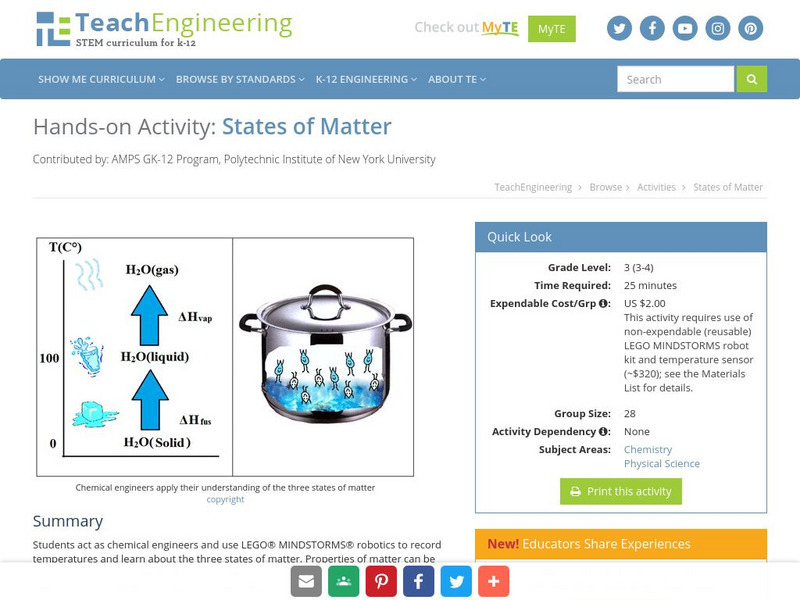CK-12 Foundation
Ck 12: Water Properties
[Free Registration/Login may be required to access all resource tools.] In the following online tutorial students will describe the structure and polarity of a water molecule. They will also describe the hydrogen bonding that occurs in...
TED Talks
Ted: Ted Ed: Why Does Ice Float in Water?
Ever wonder why solid ice floats in liquid water? In this video lecture you will explore the special properties of water. Learn "the science behind how hydrogen bonds keep the ice in your glass (and the polar ice caps) afloat". At the...
CK-12 Foundation
Ck 12: Chemistry: Structure of Ice
[Free Registration/Login may be required to access all resource tools.] Covers structure of ice and hydrogen bonding in ice.
Climate Literacy
Clean: What Happens to Ice in Water?
Students investigate the properties of water in the ice and liquid phase as it relates to convection in the ocean and density driven circulation, and ultimately the climate.
American Chemical Society
American Chemical Society: Best of Wonder Science: Ice of a Different Color [Pdf]
An experiment to test what happens to water when salt or sugar is added and it is then frozen into ice cubes. Students also explore the ice's physical properties by rubbing cubes on sandpaper and dropping a heavy object on each type.
University of California
University of California: Seawater Density & Salinity [Pdf]
Describes the properties of seawater and the variations depending on its location, e.g., near a shoreline, in an estuary, or as sea ice. Discusses the instruments scientists use to measure the density of water and explains other...
TeachEngineering
Teach Engineering: How Cold Can You Go?
Students explore materials engineering by modifying the material properties of water. Specifically, they use salt to lower the freezing point of water and test it by making ice cream. Using either a simple thermometer or a mechatronic...
TeachEngineering
Teach Engineering: States of Matter
Students act as chemical engineers and use LEGO MINDSTORMS NXT robotics to record temperatures and learn about the three states of matter. Properties of matter can be measured in various ways, including volume, mass, density and...
Other
Science Alive: Melting Point Simulation
Percy Julian and Josef Pikl used the fact that melting point-the temperature at which a substance changes from a solid to a liquid-is a characteristic property of a substance to prove that the British chemist Robert Robinson could not...
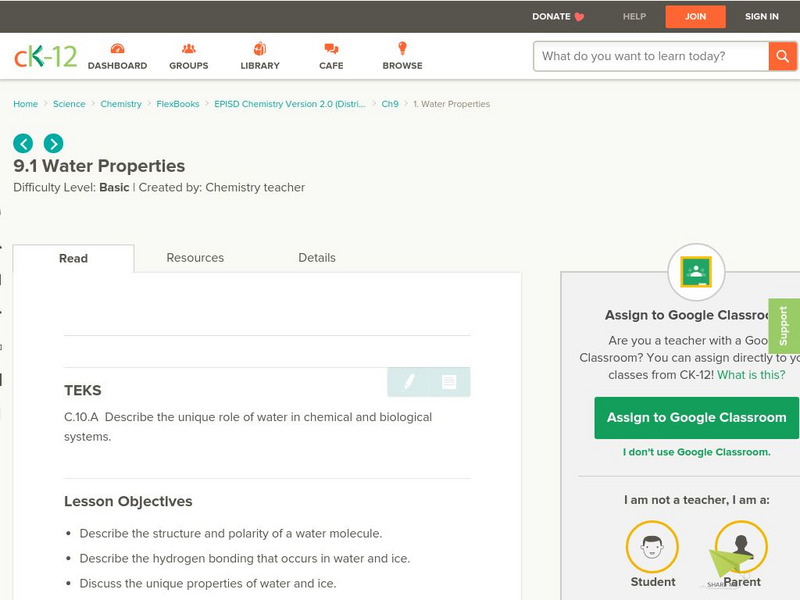
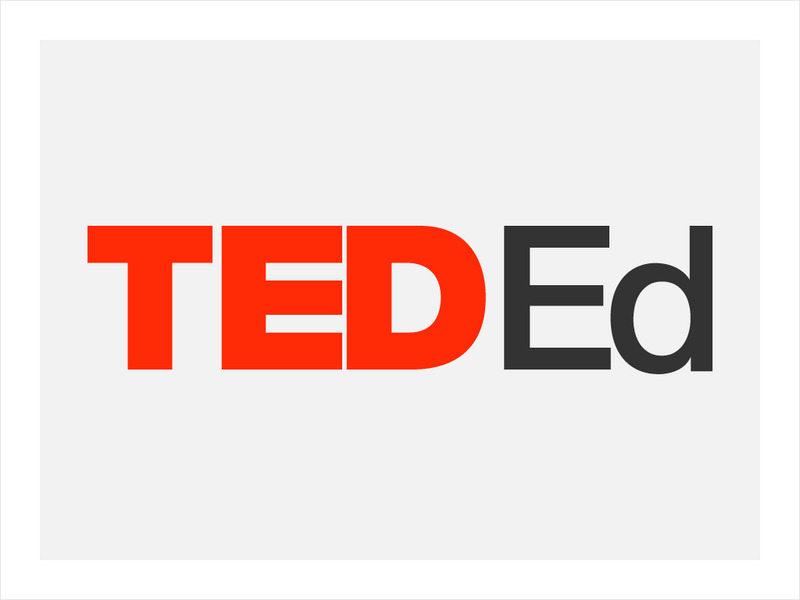
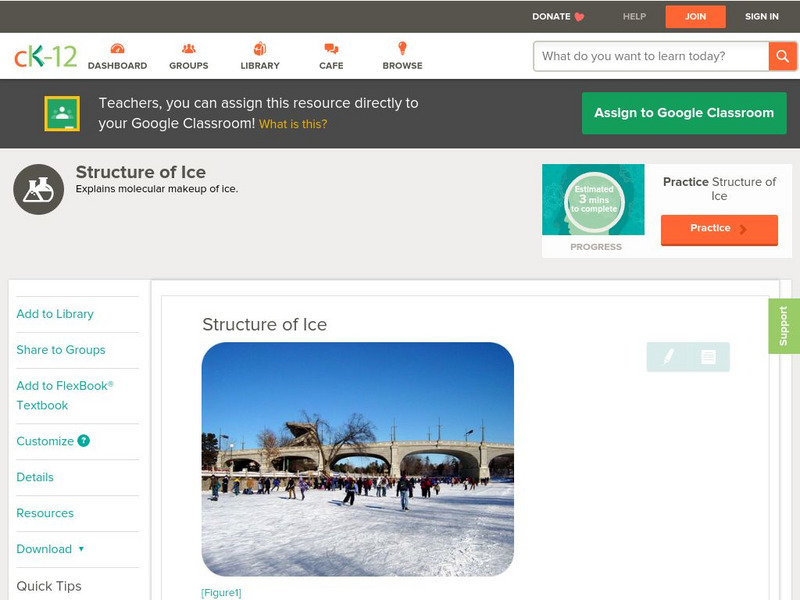
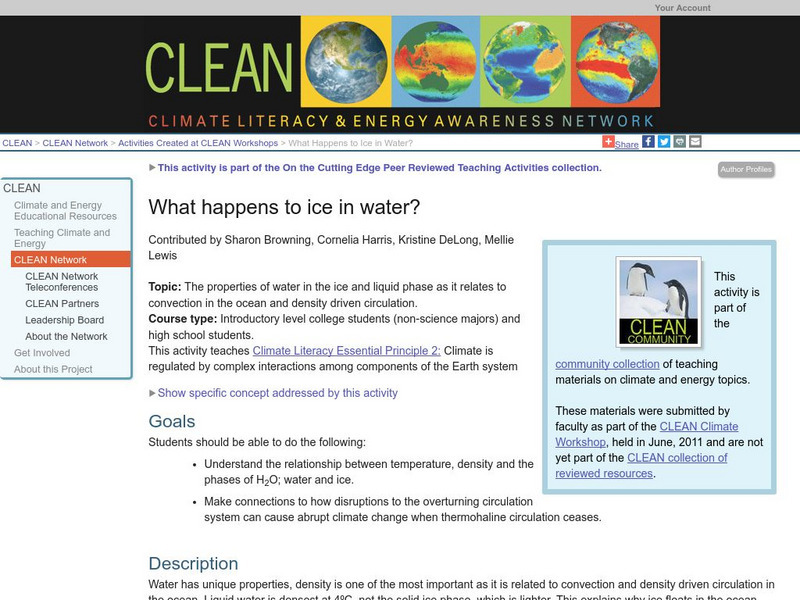
![American Chemical Society: Best of Wonder Science: Ice of a Different Color [Pdf] Activity American Chemical Society: Best of Wonder Science: Ice of a Different Color [Pdf] Activity](https://d15y2dacu3jp90.cloudfront.net/images/attachment_defaults/resource/large/FPO-knovation.png)

